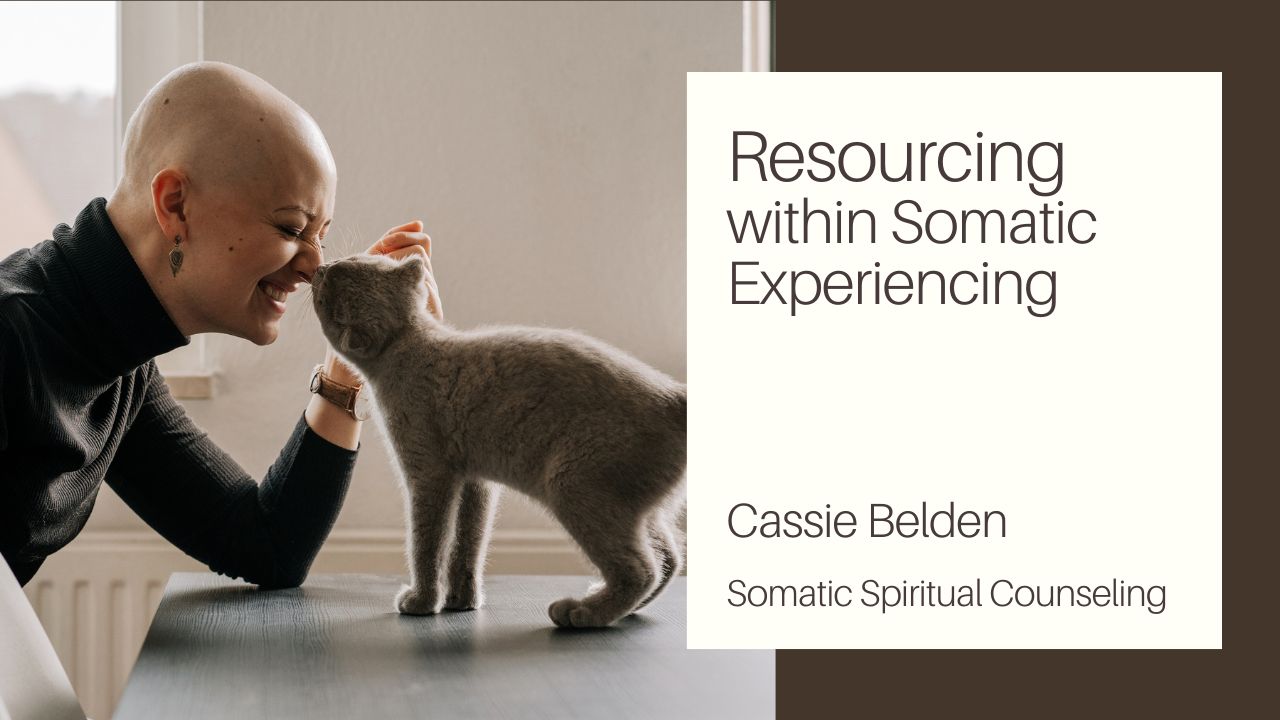First, many of our lives do not have designated sectors for self-exploration, let alone professionally assisted exploration. Between working, raising kids, going to school, and tending to relationships and creative pursuits, there is often not a lot of room for healthy self-indulgence. Psychotherapy gives us that space: an hour per week that is all about us.
Also, this time for us is assisted by someone who specializes in helping others deepen into their own experience. Not all self-reflection is created equal. Not only does a good psychotherapist know techniques to aid in this exploration, they also loan you their nervous system. In a subtle but powerful process known as “limbic resonance,” the therapist’s autonomic nervous system is there to attune to and regulate yours (Lewis, Amini, Lannon, 2000). This is why it is often easier to experience challenging emotions when seated next to a compassionate friend. A good therapist friend knows how to leverage this limbic connection in your favor.
We’re all fucked up.
Another reason to do psychotherapy is that we are all fucked up in some ways. Depending on your social situation, privilege, and culture, this fact can hide from us longer than it should. Life is hard. Emotions are messy. Childhoods were less than ideal. Addictions are easier than relationships. Many of us who don’t specialize in these areas want to help each other with them, but our attempts are not always fruitful. The connection between early experiences and present day struggles is a complex web made of core wounds, nervous system dysregulation, and unconscious psychic material. We are not trained to understand this in the everyday world. Thankfully, we can seek out those who do.
Once we come to such an understanding, a good therapist is there to give you something else that is not ready-made on the streets: corrective experience. In this process of deepening, we will almost certainly find many aspects of ourselves that were neglected, abused, or ignored. The therapist’s job is then to guide you in finding in-the-moment experiences that compensate for and correct these unfortunate happenings. Most of the damaging experiences happened in relation to others, and the healing needs to happen in the same way.
Specifically, you.
Lastly, I want to acknowledge that psychotherapy is not the only method of healing. There are endless self-help systems, indigenous methods, and spiritual practices. Many of these have been anecdotally and scientifically validated as tremendously helpful. I do not mean to demean these in any way as I praise psychotherapy. Nevertheless, I do praise it, specifically. In entering a good therapist’s office, you are drawing from a long lineage of those exploring the specific ways our mind evolves and devolves over a lifetime. And your therapist is there to mix this understanding meticulously to target you, specifically.
(Follow for the next post on why to do somatic psychotherapy…)

——————————————————————————————————————




